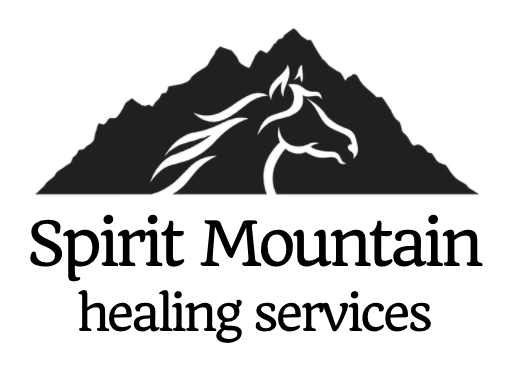Healthy Ways to Address Life’s Traumas
Life often presents us with challenges and experiences that leave lasting imprints on our minds and hearts. These traumas, whether big or small, can hinder our ability to live fulfilling lives. While it may seem daunting to confront these painful experiences, it’s essential to embark on a journey of healing and self-discovery. Here are some healthy ways to start addressing the traumas you’ve experienced in life.
Acknowledge your feelings. The first step in healing is acknowledging the existence of your pain and emotions. Allow yourself to feel whatever comes up without judgment or suppression. Journaling or talking to a trusted friend or therapist can help you explore and express your feelings in a safe environment.
Practice self-compassion. Be kind to yourself as you navigate the healing process. Understand that experiencing trauma is not a sign of weakness—it’s part of being human. Treat yourself with the same compassion and understanding you would offer a loved one going through a difficult time.
Seek professional help. Trauma can be complex, and it’s okay to seek professional support. Therapists trained in trauma-informed care can provide you with the tools and guidance you need to process your experiences and develop coping strategies. Consider a variety of therapy modalities from cognitive-behavioral therapy to equine assisted learning to mindfulness-based approaches.
Engage in self-care. Nurturing your physical, emotional, and mental well-being is crucial during the healing process. Practice self-care activities that bring you joy and relaxation, such as taking a warm bath, going for a nature walk, or engaging in yoga and meditation. Prioritize activities that promote relaxation and help you reconnect with yourself.
Explore creative outlets. Activities such as painting, writing, or playing music can be therapeutic outlets for processing emotions and expressing yourself. Creative expression allows you to tap into your innermost thoughts and feelings in a non-verbal way, offering a sense of release and catharsis.
Set realistic goals. Healing from trauma is a journey that takes time and patience. Set realistic goals for yourself and celebrate small victories along the way. Break down larger tasks into manageable steps, and acknowledge your progress, no matter how incremental it may seem.
Embrace resilience. Recognize the strength and resilience within yourself that has carried you through difficult times. Celebrate your ability to adapt and grow in the face of adversity, knowing that you have the power to overcome life's challenges.
Give yourself grace. Healing from trauma is not a linear process, and setbacks are a natural part of the journey. Be gentle with yourself during moments of regression, and remember that healing is a gradual process that unfolds at its own pace.
Addressing the traumas you've experienced in life requires courage, self-compassion, and a willingness to confront the past. By incorporating these healthy strategies into your life, you can embark on a journey of healing and reclaiming your sense of self-worth and resilience. Remember, you are not alone, and there is always hope for a brighter future ahead.
